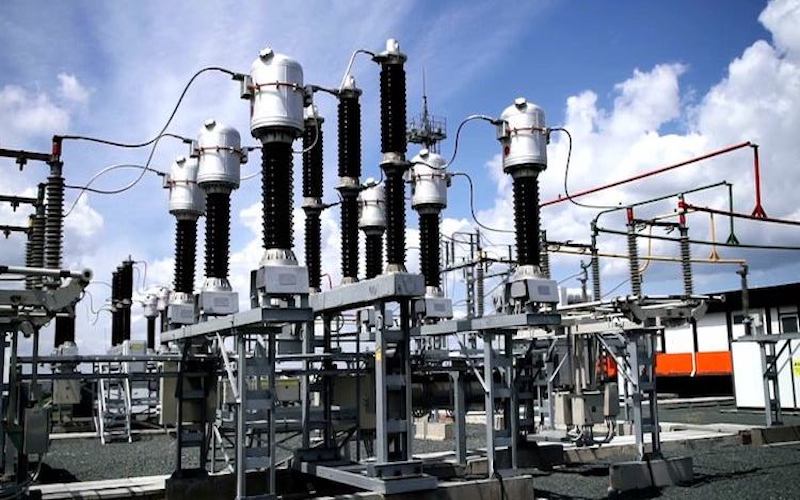
Electricity generation and distribution play a crucial role in the economic development and daily lives of people in Nigeria. The country faces significant challenges in meeting the growing demand for electricity due to outdated infrastructure, inadequate funding, and widespread inefficiencies in the power sector. Electricity in Nigeria is primarily generated from a mix of sources, including:
Hydroelectric Power: Nigeria has several hydroelectric power plants, such as Kainji, Jebba, and Shiroro, which contribute to the national grid.
Gas Power Plants: Natural gas is a major source of power generation in Nigeria, with gas-fired power plants like Egbin, Geregu, and Olorunsogo playing a significant role.
Renewable Energy: The country is gradually increasing its focus on renewable energy sources, such as solar and wind power, to diversify its energy mix and reduce dependence on fossil fuels.
Generation Capacity and Challenges
Despite having abundant natural resources for electricity generation, Nigeria faces challenges in achieving a stable and reliable power supply. Key issues include:
Low Generation Capacity: The installed generation capacity in Nigeria falls short of the growing power demand, resulting in frequent power outages and load shedding.
Transmission and Distribution Constraints: Inadequate transmission and distribution infrastructure hinders the effective evacuation and delivery of generated power to end-users.
Fuel Supply Challenges: Gas supply interruptions, vandalism of pipelines, and inefficiencies in fuel sourcing contribute to disruptions in power generation.
Electricity Distribution and Distribution Network
Electricity distribution in Nigeria is handled by distribution companies (DISCOs) that are responsible for supplying power to residential, commercial, and industrial consumers. The distribution network faces challenges such as:
Aging Infrastructure: Many distribution networks in Nigeria are outdated and poorly maintained, leading to technical losses and inefficiencies in power distribution.
Revenue Collection: Poor revenue collection practices, including electricity theft and non-payment of bills, negatively impact the financial viability of DISCOs.
Voltage Fluctuations: Voltage fluctuations and instances of low-quality power supply affect the reliability of electricity distribution to consumers.
Government Initiatives and Reforms
The Nigerian government has implemented various initiatives and reforms to address the challenges in the power sector and improve electricity generation and distribution. Key efforts include:
Power Sector Privatization: The privatization of the power sector in 2013 aimed to attract private investment, promote competition, and enhance operational efficiency in electricity generation and distribution.
NERC Regulations: The Nigerian Electricity Regulatory Commission (NERC) regulates the electricity sector to ensure fair practices, promote consumer rights, and uphold industry standards.
Renewable Energy Programs: The government has initiated programs to support the development of renewable energy projects, such as solar power plants, to increase the share of clean energy in the national grid.
Future Prospects and Challenges
The future of electricity generation and distribution in Nigeria hinges on addressing existing challenges and implementing sustainable solutions. Key prospects and challenges include:
Investment in Infrastructure: Upgrading transmission and distribution infrastructure, investing in new power plants, and expanding renewable energy capacity are essential for meeting future electricity demand.
Tariff Rationalization: Ensuring cost-reflective tariffs and improving revenue collection mechanisms are critical for the financial sustainability of the power sector.
Regulatory Framework: Strengthening regulatory oversight, enforcing compliance with industry standards, and promoting transparency are key factors in enhancing the efficiency and performance of the power sector.
Written by profT for naijatipsland.com










